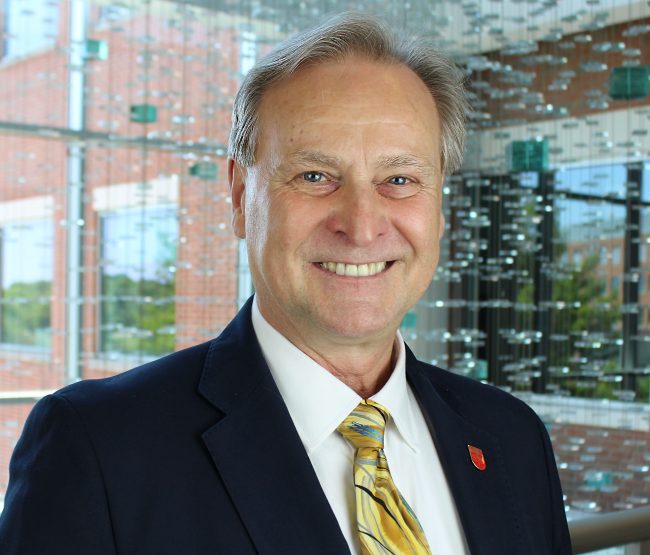EOHSI Drector Debunks Daylight Saving Time Myth
Despite the common misconception, you don’t actually get an extra hour of sleep from changing the clocks back
This Sunday morning, most people in the United States will turn their clocks back by one hour in observance of daylight saving time, but won’t get “an extra hour” of sleep. Daylight saving time just changes our circadian rhythm, which can disrupt our biological clocks and impact our health.
Helmut Zarbl, director of the Rutgers Environmental and Occupational Health Sciences Institute and chair of the Environmental and Occupational Health Department at Rutgers School of Public Health, is an expert in circadian rhythm and its influence on sleep-wake cycles, hormone release, eating habits and more. We asked him to explain how daylight savings time affects us.
Source: Rutgers Today – November 3, 2023
Copyright © 2021, Rutgers, The State University of New Jersey



